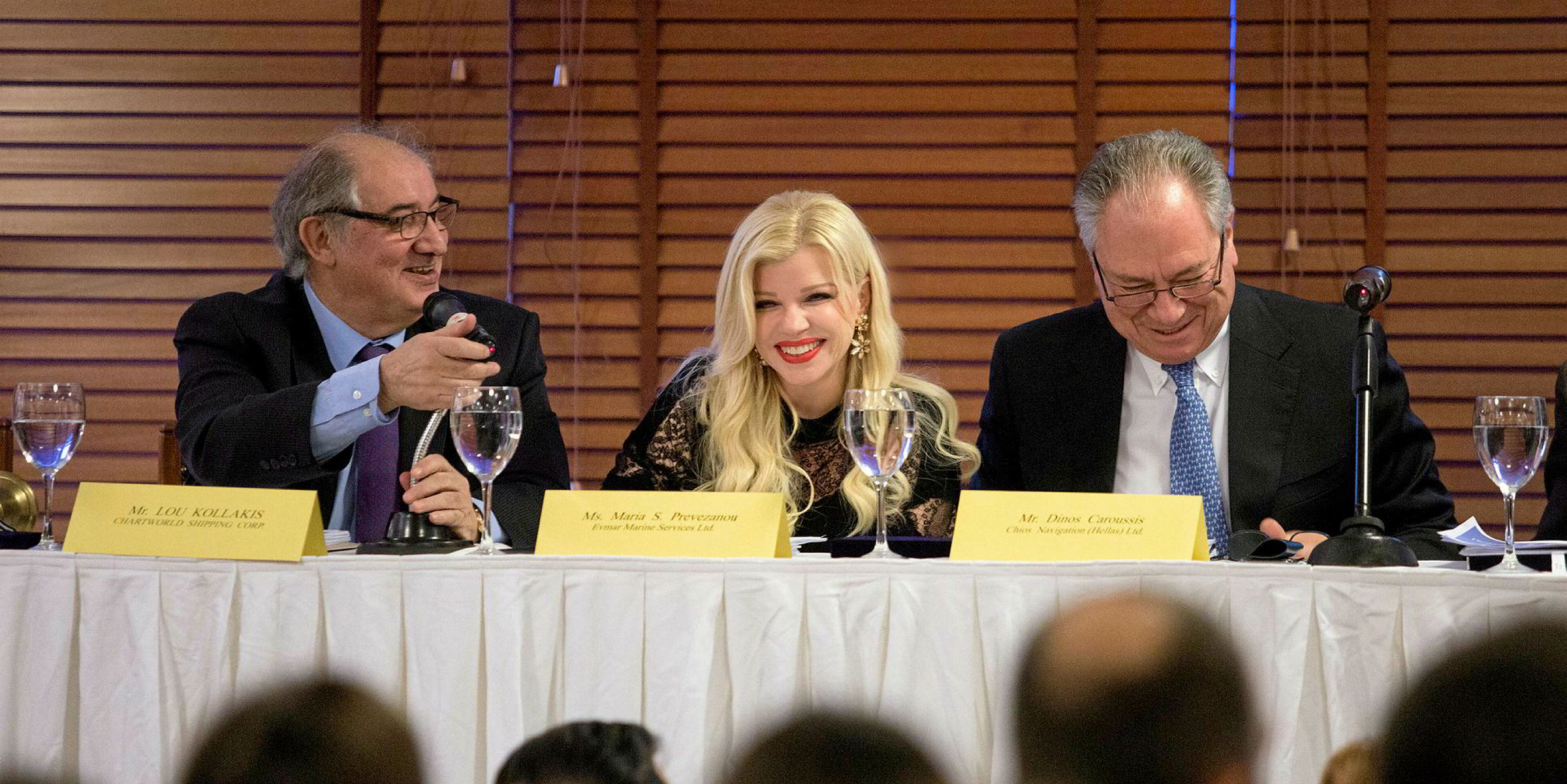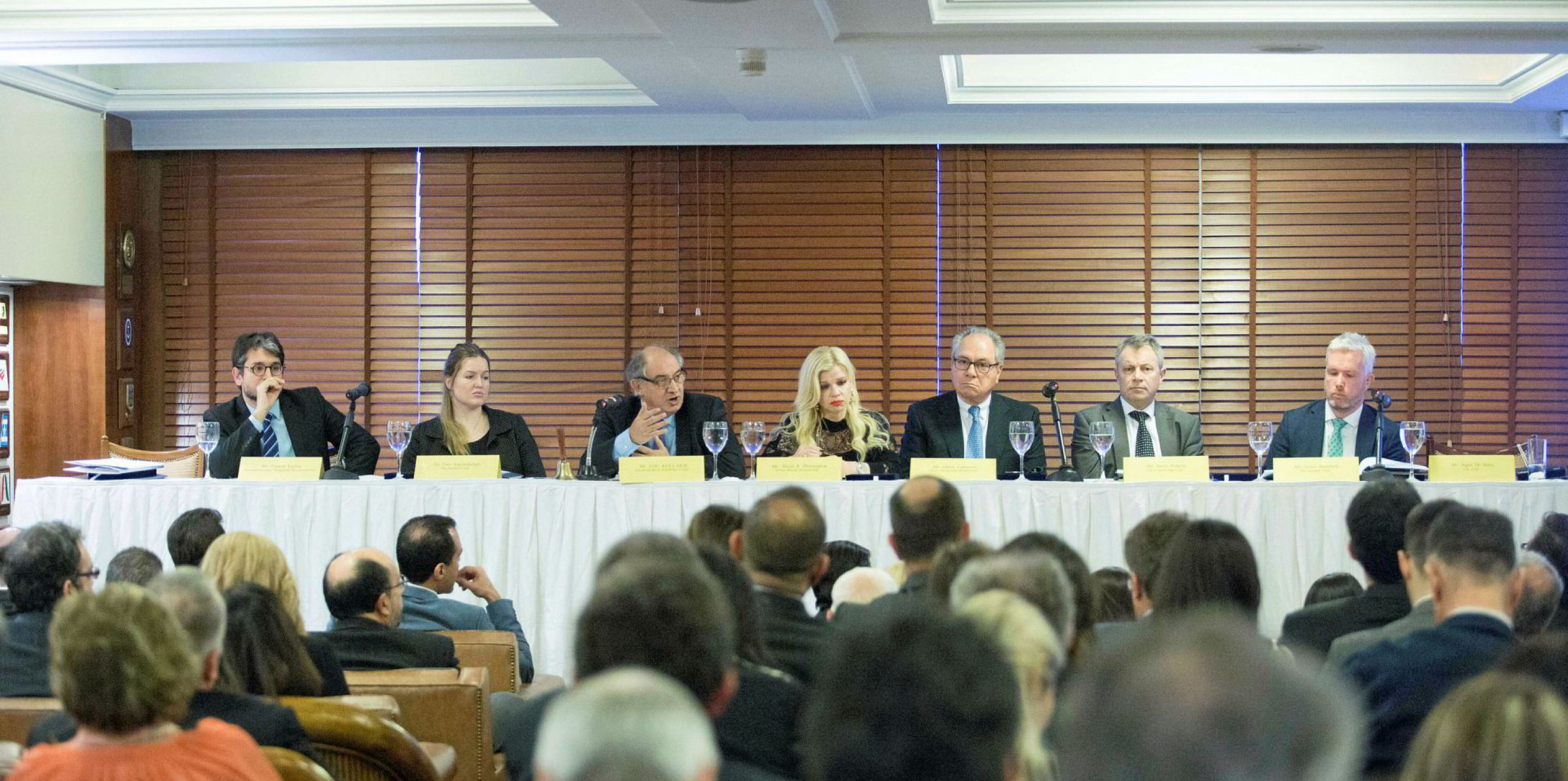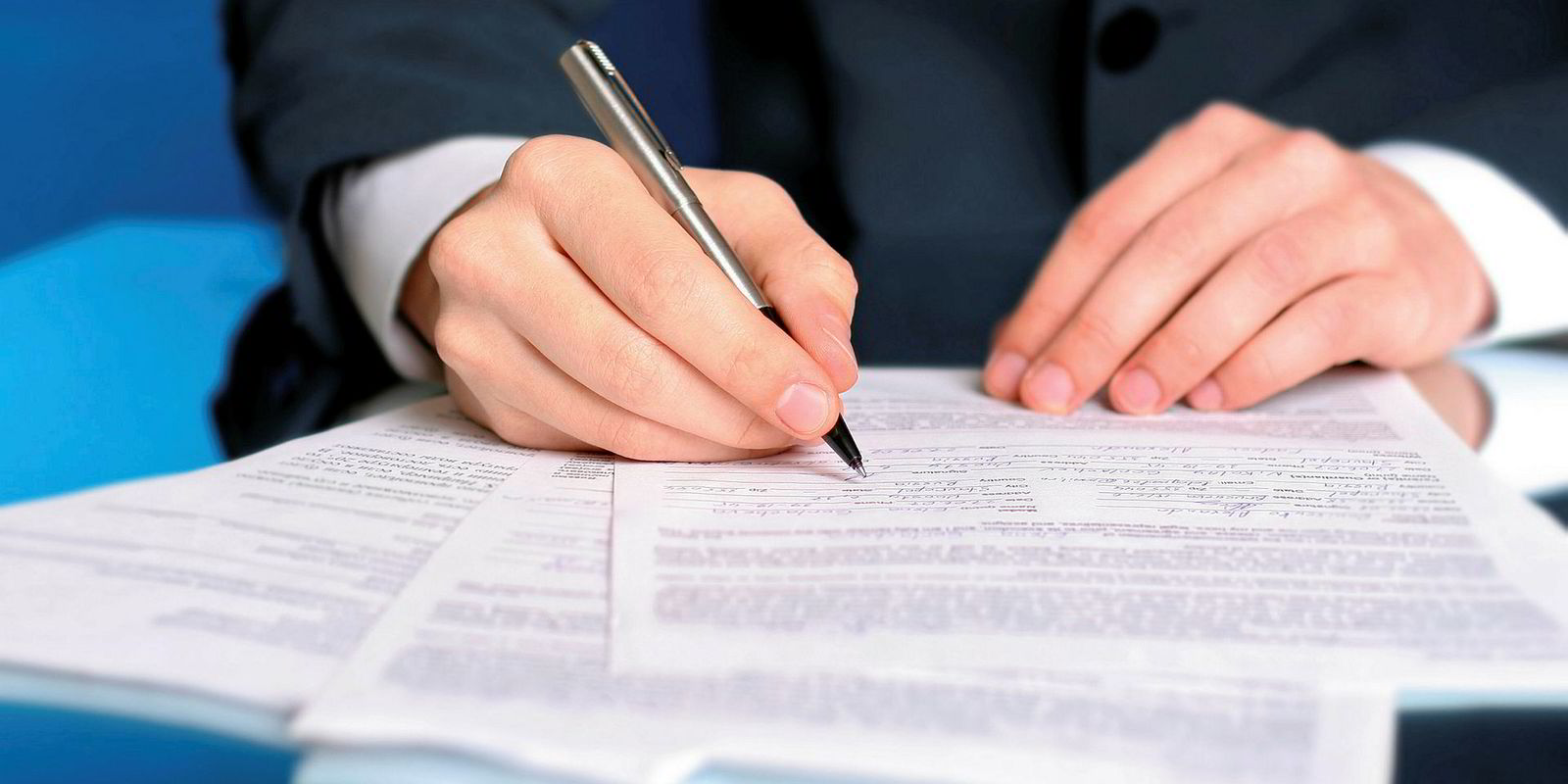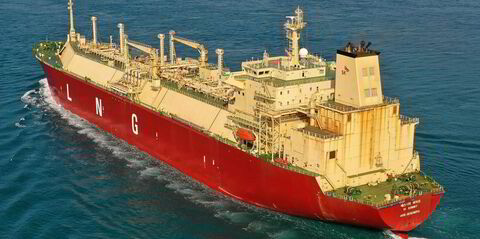Protection and indemnity clubs could face greater risk exposure after IMO 2020, with the prospect of having to pay owners' fines, an increase in casualty claims and other liabilities.
The upcoming emissions regulations were the focus of a headline debate at the annual International P&I Club conference at Greece's Piraeus Marine Club, which was organised by Evmar Marine Services' Maria Prevezanou.
Ian Clarke, CEO of the West of England Hellas, outlined the key concerns of the mutuals.
Insurers could face an increase in liability as shipowners took responsibility for managing equipment such as scrubbers, he told delegates.
Higher claims
Ships fitted with scrubbers would have higher hull values and, in combination with higher fuel prices, this could lead to higher general average claims.
A new generation of low-sulphur blended bunkers was another risk factor that could raise fuel-related casualties.
And, as owners took on greater responsibilities, Clarke suggested other interests in the insurance chain could attempt to place more liability on P&I insurers.
“Will cargo interests try to push things more towards the clubs?” Clarke asked.
Another concern Clarke held was that port states could use IMO 2020 to raise revenue. “It could be an extremely easy way for some states to make money,” he said.
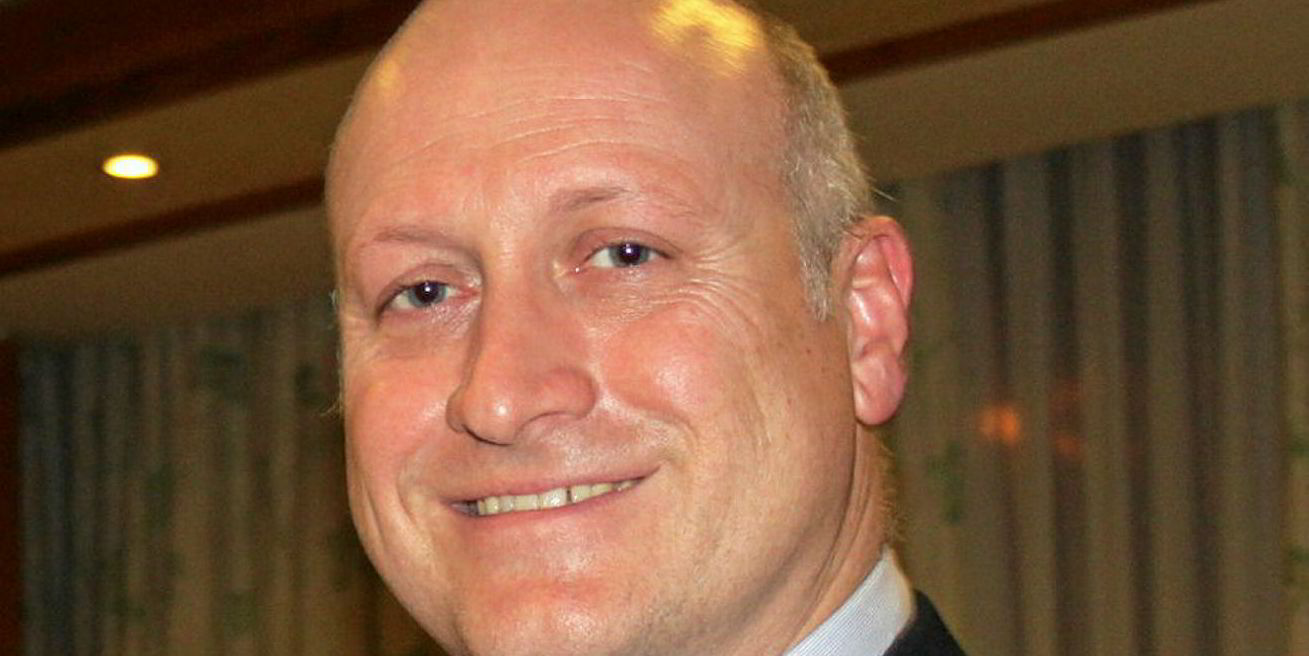
Have they [clubs] given [owners] a list of precautions? Which clubs have advised owners about collateral engine damage, fines, charter-party terms and potential problems which will arise?
George Tsavliris
But some shipowners expressed doubts over whether P&I clubs would pay out on IMO 2020-related fines.
Chios Navigation’s Dino Caroussis said clubs had an option to exercise discretion over fines, which could offer them a get out on paying out. “It is how this element of discretion is dealt with that worries me,” he said.
Raising questions
“The question for me, is how big a mistake [do] you have to make not to be covered,” Chartworld Shipping’s Lou Kollakis said.
While another delegate added: “It would be easy for a club to show an owner did not take enough due diligence or exercise sufficient caution.”
Clarke said IMO 2020 claims would be judged on their own merits, as all claims were.
Most P&I clubs agreed, saying that where negligence on the part of the owner or his crew is cited as a reason not to pay a claim, it was usually due to extreme, gross or even willful negligence, and there was no reason to believe that this standard would not apply to IMO 2020 claims.
Other delegates at the conference questioned whether P&I clubs had been doing enough to inform their members on how to comply with the new rules.
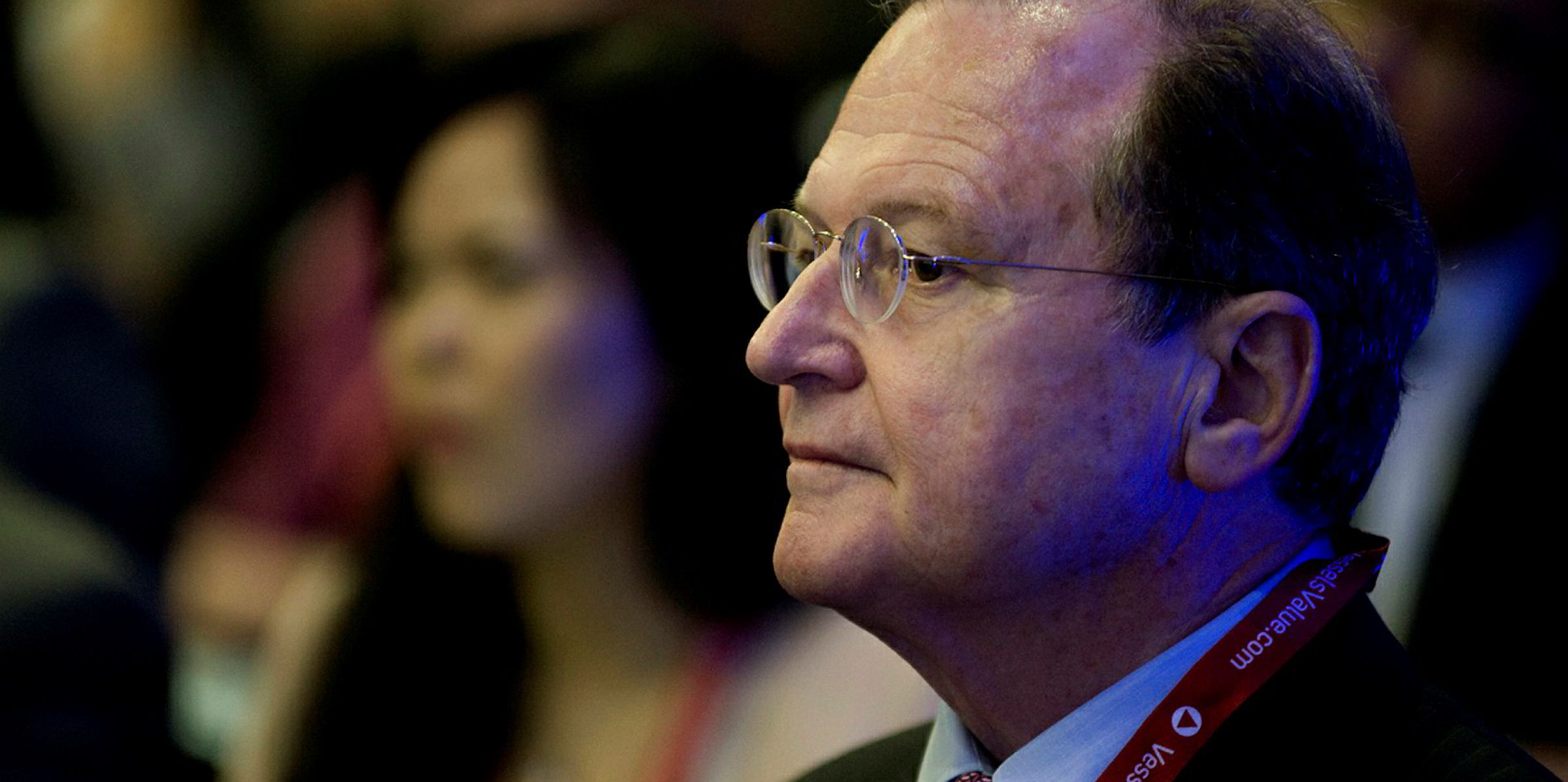
George Tsavliris, principal of Tsavliris Salvage, asked: “Have they [clubs] given [owners] a list of precautions? Which clubs have advised owners about collateral engine damage, fines, charterparty terms and potential problems which will arise?”
North P&I Club director Gordon Robertson simply invited delegates to “take a look at the North’s website” to see the measures the club is taking to inform members.
Proactive advice
North P&I and the West of England have been proactive in providing advice on IMO 2020 issues.
Robertson said North P&I had handled 150 enquiries, written 100 articles and presented directly to 30 companies. He said although IMO 2020 was a complex issue, compliance should not be.
“Planning and preparation is the key,” he said. “It is a manageable situation but it needs to be managed.”
